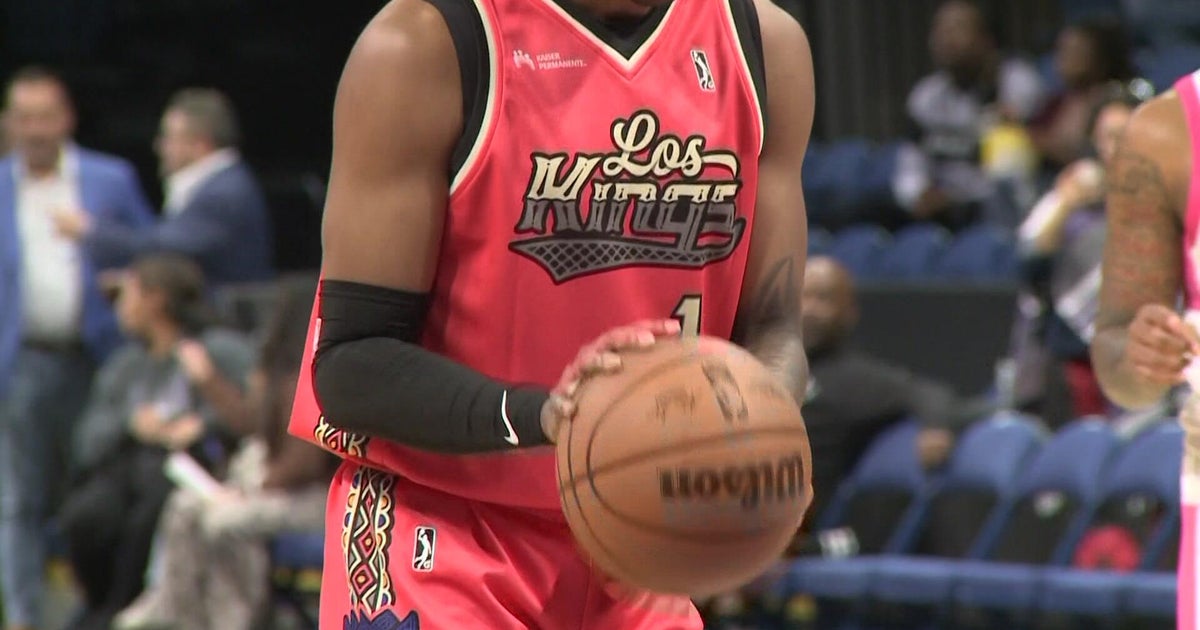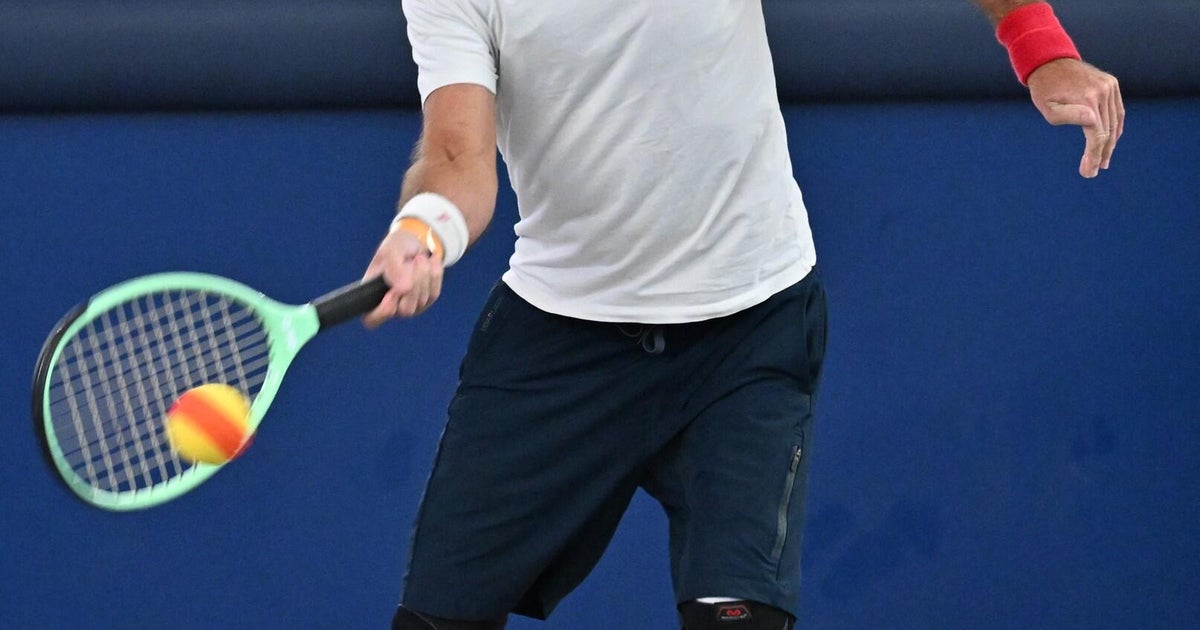Eye Of The Beholder

What's so interesting about this Bears team is that it still allows one to see what one wants, irrespective of the spotless record.
Take today's Tribune, for instance, which offers a stark divergence of opinion in the first two pages.
The Score's Steve Rosenbloom writes (excerpted here): "What a great year for a bad-looking Bears team to look less pathetic than the rest of the conference. Drink the 3-0 Kool-Aid if you want, but come on, you've seen good teams. The Bears don't look like one. They've been less bad and less dumb than opponents. The Bears look as bad as a lot of people feared, as bad as a lot of people who wanted Lovie Smith fired had hoped, and here they are with the NFC's best record."
And then there's David Haugh (excerpted): "Something has clicked. This team resembles the 2001 version nobody expected to go 13-3. But the style of winning is closer to 2006 -- and we all remember where that season ended. The Bears' next six opponents are off to a 5-13 start. The way the Bears have played defense with Urlacher back in the middle, nothing seems impossible. Did someone say 9-0?"
Like you, probably, I'm somewhere in the middle of these two positions, and the issue is how we define "good," anymore. The NFL has successfully designed a system where very little separates teams (both on rosters and in the games themselves), and it's almost pointless to attempt to define quality outside of what the record indicates.
The small number of games increases random variance, as does the relatively high risk of serious injury to key players. Perception of the quality of any team will whipsaw with the fickle bounces and improbable outcomes all season.
(As an aside, I enjoy the passing glance at published "power rankings" as much as the next guy, but look how closely such things move as a function of standings -- ultimately we have only the records to go on. You will rarely see a writer stick to the belief that a team with a bad record my be good, or vice-versa, even though such could be correct)
Some love the NFL for just this reason. This phenomenon does not exist in baseball, basketball or hockey, since more games mean less randomness -- good is good, bad is bad, mediocre is mediocre.
But in pro football, mediocre is good, mediocre is bad. See what you want.
* * *
I disagree with Rick Telander's position today that football must be made safer for the sake of America's children. I respect that he is on my side in speaking honestly about the dangers of the sport -- particularly to the developing brains of high-schoolers and younger -- but this is akin to saying that we must childproof tornado-chasing, Russian Roulette or the Running of the Bulls.
Football increases the risk of a ruined brain and a miserable later life. All parents should be made aware of this, and coaches and administrators must stop denying this obvious truth. If it's ok for your kid to incur that risk, let him play. If it's not, don't.
We make judgements as parents all the time. Some people don't let their kids eat fast food, others try to limit high-fructose corn syrup ingestion or pesticides, and some fringe loons don't vaccinate due to crackpot fears of conspiratorial poisoning (they should be jailed and beaten).
I'm happy some parents let their kids play, so I can eventually watch them destroy each other on Sunday afternoons.
It's not football's fault. It's a great, terrible game.







